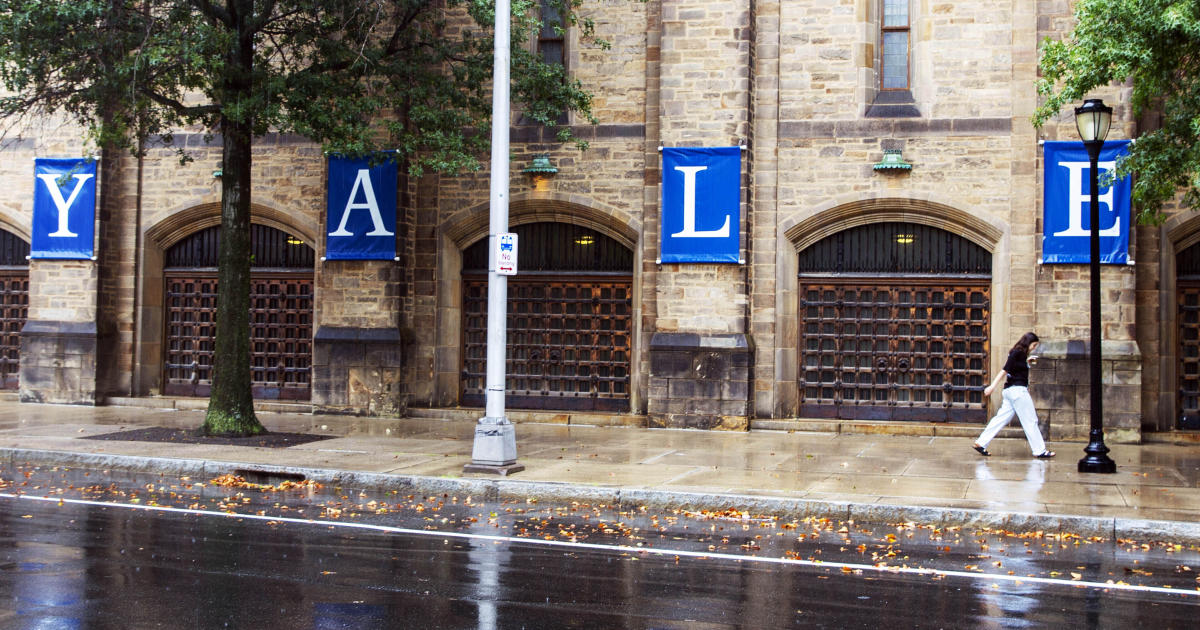Scientists around the world will go on one-day strike to protest institutional racism
Thousands of researchers and STEM professionals, including two prominent scientific journals, have vowed to not partake in business as usual on Wednesday as an act of solidarity with ongoing protests against racial injustice. The group says it plans to use that time to learn more about racial injustices and how members can better address them in the future.
"In the wake of the most recent murders of Black people in the US, it is clear that white and other non-Black people have to step up and do the work to eradicate anti-Black racism," the website for "Shut Down STEM" says. "Our responsibility starts with our role in society. In academia, our thoughts and words turn into new ways of knowing. Our research papers turn into media releases, books and legislation that reinforce anti-Black narratives. In STEM, we create technologies that affect every part of our society and are routinely weaponized against Black people."
The website goes on to explain that Black people "exist in and are attacked by institutional and systemic racism." Wednesday's strike is a call to action for those in the STEM field to stop meetings, research, classes, and other usual activities to instead focus on "education, action, and healing."
The organizers clarified on their website that the day of action is directed at people who are not directly working on battling COVID-19.
"If your daily activities are directly helping us end this global crisis, we send our sincerest gratitude," the website says. "The rest of us, we need to get to work."
Black and Hispanic people are underrepresented in the STEM community, according to a 2018 report by the Pew Research Center. Out of the roughly 17.3 million STEM workers in the United States, only 9% are Black, and only 7% are Hispanic, according to the center.
White people make up 69% of the STEM workforce, according to Pew Research.
That disparity also translates into substantial earning gaps among racial groups. White people in STEM have a higher median income than those who are Black or Hispanic, according to Pew Research. The report states that "the typical black STEM worker earns 81% as much as the typical white STEM worker."
As part of the strike, "Shut Down STEM" has urged white workers to understand that they "play a key role in perpetuating systemic racism," and that their actions can directly impact the future of current injustices.
"Unless you engage directly with eliminating racism, you are perpetuating it," the website says. "Academia and STEM are global endeavors that sustain a racist system, where Black people are murdered. No matter where you physically live, you impact and are impacted by this moment in history. This is not exclusive to the United States. We must all work against anti-Black racism."
"Shut Down Stem" did not respond to CBS News' request for comment.
STEM workers, publications, schools, and even March for Science have pledged their support to take part in the strike.
Cassandra Extavour, a geneticist, biology researcher, and Harvard professor, expressed her dismay with the ongoing police violence on Twitter on May 31.
"Every time one of us is rejected, beat down, dismissed, ridiculed, or murdered, I question why I am still in academia. This means I ask myself this question every day, many times a day. I love science, but justice is more important. And yet, it never comes," she said. "I answer my question by asking myself if today will be the day that another black scientist leaves the field, is pushed out by the toxicity that we have to wade through every day so we can 'be productive' and 'just think about science.'"
Astrophysicist Brian Nord, who helped develop the day of action, published a personal statement online in which he said that, "This is not about identifying with a minority or marginalized group or diversity and inclusion."
"We have spent millions of dollars building one of the most complex astronomical devices in the history of cosmological science, but you refuse to even open a book about how to build a healthy and inclusive community and a world where Black lives matter," he said. "...When I was a child, I wanted to grow up to share the beauty and gifts of a scientific understanding of the universe with the world. ...How many have shared my dream, but never got this close, because of the science community's complicity through inaction?"
The University of Utah Department of Chemistry and the University of Chicago's Marine Biological Laboratory have posted their plans to participate. City University of New York emailed The Graduate Center's STEM community on Tuesday evening to encourage recipients to take part in the strike.
"We all can set aside an hour or two to begin the critical work of exploring how our own unrecognized beliefs may serve to perpetuate biases and developing a personal plan for addressing them," the email says. "...All change begins with education. All education begins with self-exploration."
The American Association for the Advancement of Science, along with the scientific journal "Science," vowed on June 8 to observe the strike and to listen "to members of our community who are sharing resources and discussing ways to eliminate racism."
"Nature," another prominent scientific journal, announced on Tuesday that it would also be taking part in the strike.
"We will be educating ourselves and defining actions we can take to help eradicate anti-Black racism in academia and STEM," the journal wrote.




